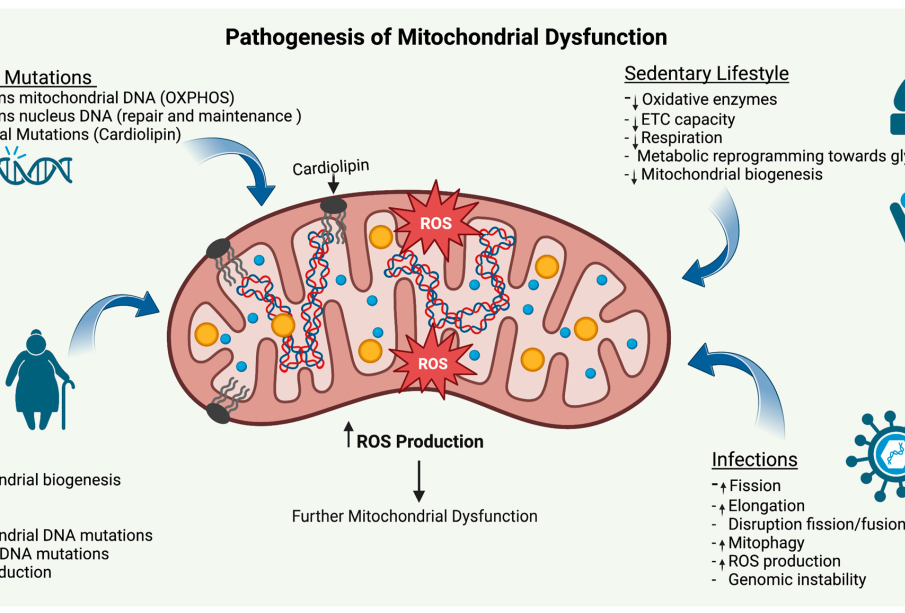Exploring the Impact of Mitochondrial Disease

Introduction
Mitochondrial disease represents a group of genetic disorders that significantly impact energy production in cells. These conditions arise due to dysfunctions in the mitochondria, the powerhouse of the cell, which are responsible for generating energy. As energy is vital for nearly all cellular functions, mitochondrial disease can lead to severe health complications, affecting multiple organ systems, and significantly reducing quality of life for those affected. With increasing awareness and ongoing research, understanding this complex disease and its implications is more important than ever.
The Nature of Mitochondrial Disease
Mitochondrial diseases are typically inherited and can manifest in various forms and severities. Conditions can include Mitochondrial Myopathy, Leber’s Hereditary Optic Neuropathy, and Mitochondrial Encephalomyopathy, among numerous others. Symptoms often vary widely between individuals but may include muscle weakness, neurological issues, diabetes, and heart problems. This variability often poses challenges in diagnosis and treatment.
Current Research and Advances
Recent years have seen significant advancements in the field of mitochondrial research. Experts are examining potential therapies that target the underlying genetic causes of these disorders. Notably, the development of gene therapies and mitochondrial replacement techniques shows promise in addressing some forms of mitochondrial disease. Organizations like the Mitochondrial Disease Awareness Week, held annually, aim to educate the public and advocate for research funding to find better treatments.
Support and Resources for Patients
For individuals and families affected by mitochondrial disease, resources and support networks exist to improve quality of life and access to care. Organizations such as the Canadian Mitochondrial Disease Foundation provide critical resources, facilitate connections between patients, and advocate for research funding. Support groups, both online and in-person, are essential for sharing experiences and coping strategies.
Conclusion
Mitochondrial disease is a complex and challenging condition that affects thousands across Canada and worldwide. As research continues to evolve, there is hope for better treatments and ultimately, a potential cure. Increased awareness, funding for research, and comprehensive care strategies can significantly improve the lives of those impacted by mitochondrial disorders. For readers, staying informed encourages advocacy and support for ongoing research initiatives.









